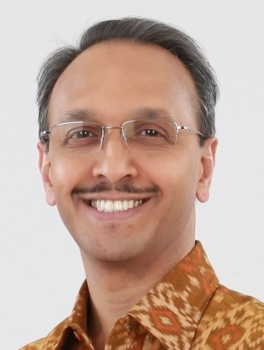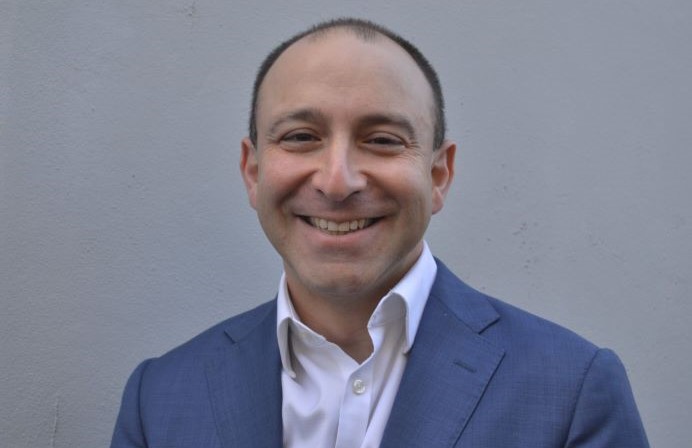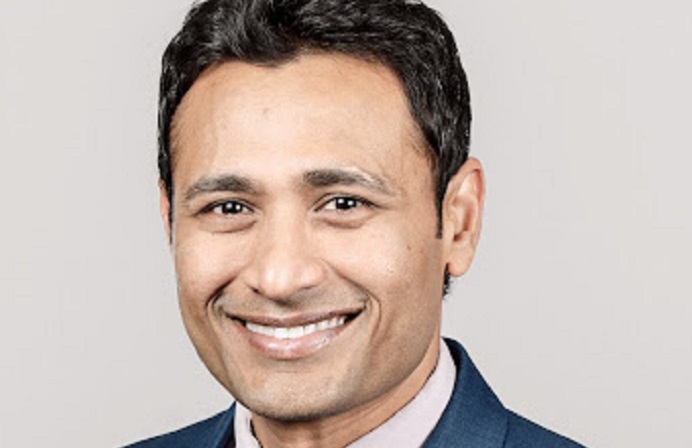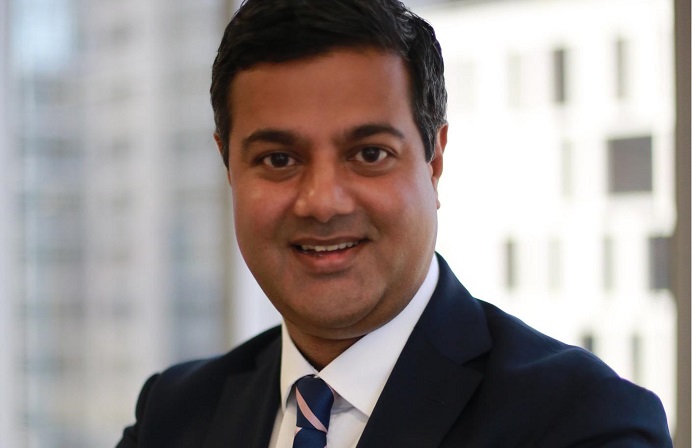
FST Media: What are your priorities for the next 12 to 18 months?
Nijasure: In the next 12 to 18 months, we aim to enhance our value proposition to the small and medium enterprises (SMEs) and mass affluent customers by implementing multi-channel integration, an enterprise customer information file (CIF), customer communication hub and customer relationship management capability. In parallel, we will enhance our internet banking and mobile platforms for these and associated customer segments. We will also implement new credit acquisition system for the SME business along with a new trade finance system.
We have initiated our ‘Enterprise Data Warehousing (DWH) Program’ combining risk analytics, fraud detection and anti-money laundering systems together with an asset-liability management system. We give equal priority to the proactive use of IT for risk management, expansion of our footprint and cross-selling and up-selling initiatives.
FST Media: What is the ‘holy grail’ that technology and innovation are yet to deliver in financial services?
Nijasure: For decades, financial services organisations have been trying hard to emulate the fast moving consumer goods, consumer electronics, sports goods and automobile organisations. They want to capture customers’ hearts so that customers will love them and take pride in being associated with a particular bank or finance company.
Telecom and ‘cool’ IT companies have made this challenge even more daunting by monopolising substantial airtime and occupying sweet spots in customers’ mindshare. Financial services organisations are on a ‘mission impossible.’ Each of them needs to attract a version of Tom Cruise to realise their dreams.
FST Media: What technology or innovation is proving to be the single biggest game changer for banks in Indonesia?
Nijasure: Indonesians – both individuals and companies – are at various stages of their journey in adopting multiple technologies like the internet, mobile platforms, social media, and cloud computing. It is unlikely that one technology will become the single biggest game changer for banks in Indonesia. The banks making the most innovative use of these technologies to strengthen their current market position and widen their appeal to win customers’ hearts will become game-changers in banking services.
FST Media: How are your ‘Mobile Branch’ and ‘Mobile SMS’ banking initiatives expected to help the bank branch transformation in the years ahead?
Nijasure: We see tremendous potential in reaching out to a wider cross-section of customers and prospects through our ‘Mobile Branch’ channel. We intend to increase our footprint, or rather wheel-print very significantly over next two years for our mass market customer segment. These mobile branches support almost all transactions that can be done in a brick-and-mortar branch. Further, we aim to use the mobile SMS banking and mobile electronic data capture (EDC) capability to extend our reach to our mass market and customer network.
FST Media: How are you leveraging big data and risk analytics to address security concerns?
Nijasure: We have initiated an ‘Enterprise DWH Program’ combining risk analytics, fraud detection and prevention along with anti-money laundering systems.
FST Media: How do you see the role of the traditional bank branch evolving or transforming in the year ahead?
Nijasure: Across different customer segments, we see an increasing use of electronic channels for routine transactions. These channels are providing considerable convenience and efficiency for customers. At the same time, the need for traditional bank branches remains for three different reasons. Firstly, there continues to be customers that find more comfort and security in brick-and-mortar branches. Secondly, traditional branches can serve a very useful role in community banking, helping banks to embed themselves within customer communities. Thirdly, traditional branches—redesigned through judicious use of IT—can become very powerful mechanisms for significant cross-sell and up-sell.
FST Media: What must the banking industry do to combat the entry of non-bank competitors?
Nijasure: Banks need to adopt a three-pronged strategy. The first is to focus on assessing the value proposition of non-bank competitors and deciding whether to combat or to co-opt. The second is to accordingly design banks’ products and services, complying with the regulatory framework to displace or out-manoeuvre non-bank competitors. The third is to urge regulators to extend appropriate practices to non-bank competitors in order to safeguard customer interests.
FST Media: With the growth of digital wallets and online payments, what role do you see physical cash playing in the future?
Nijasure: The growth of digital wallets and online payments along with physical cash will help bring larger segments of unbanked population within the scope of banking. It will help bring more inclusive growth to emerging market countries like Indonesia and India.
FST Media: What skills do you think aspiring technology chiefs should invest in now for future success?
Nijasure: The most important skill for aspiring technology chiefs is relationship management and communication skills to build bridges across different cultures, perspectives and generations. They need to share the customer orientation and a sense of urgency [typical] of marketing and sales professionals. They need to foster a service and process orientation of operations and collection teams. At the same time, they need to listen carefully to risk management teams and regulators.
As upwardly mobile professionals, they need to be well-informed of rapidly-changing IT landscape while mastering the flavours of IT currently being used in different areas of financial services. This requires dynamic balancing between different generations of information technology, their suppliers and users.
This implies keeping the right balance between safeguarding your organisation’s business interests and keeping pace with new technologies. It is important to try new technology platforms in partnership with suppliers because they may provide significant benefits tomorrow. At the same time, all of them are neither proven nor best suited for each business. They need to go through essential proof of concept before they are deployed.
FST Media: How do you see the rising roles of chief digital and marketing officers impacting the traditional function of senior technology executives?
Nijasure: The business environment is much more challenging today due to the rapid change of customer expectations, and the need to drive efficiencies and complexity of regulatory requirements. Given this environment, I see the necessity as well as an opportunity for a collaborative approach between Chief Marketing Officers and Chief Information Officers. Together they should drive digitisation and innovation strategy of diverse organisations and evolve themselves to play additional roles as Chief Digital Officer and Chief Innovation Officer respectively.
FST Media: Every leader has a legacy they wish to be remembered for, what is yours?
Nijasure: I would like to be remembered as the Chief Information and Innovation Officer that has helped an organisation to reinvent and reposition itself in the market.
This interview first appeared in FST Media’s annual magazine The Who’s Who of Financial Services Asia Pacific, which launched at the Technology & Innovation – the Future of Banking & Financial Services conference in Melbourne on 4th June, 2014.





